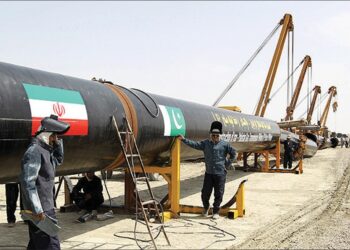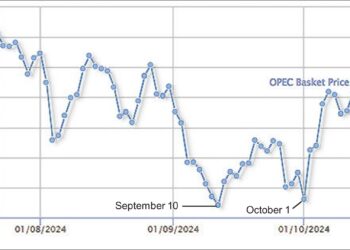February 26, 2021
The Majlis has rejected President Rohani’s draft state budget of about $33.7 billion for the Persian year of 1400, which begins March 21.
The February 2 vote was 148 votes against to 99 in favor with 12 abstentions.
President Rohani did not attend the Majlis session, sending instead his deputy in charge of economic planning, Mohammad-Baqer Nobakht.
Nobakht had his microphone unceremoniously cut off, with Speaker Mohammad-Baqer Qalibaf explaining that his 20-minute time allowance was up.
The government presented the draft budget early in December, promising less reliance on oil revenues and higher growth. But it didn’t take long before deputies began picking it apart, complaining about phony numbers and unreasonable assumptions on costs and revenues.
President Rohani dismissed the criticism, telling a government meeting just before the vote, “From the government standpoint, any change in the structure and main focuses of the 1400 budget bill could cause serious damage to the people’s livelihood and the path of the country’s development.”
But after the budget was rejected almost 2-to-1, Rohani said the government was drafting an entirely new budget.
The rejected budget of 8,413 trillion rials was up 74 percent from last year, about double the rate of inflation. It is officially billed as balanced, but few deputies, whatever their political persuasion, believed the gov-ernment’s revenue projections.
Iran continues to sell oil, but exports are a fraction of what they were before US sanctions were re-imposed. President Rohani has said he expects oil exports to rise this coming year to 2.3 million barrels per day, quadruple what they have been over the last year.
The government has based the budget on an oil price of $40 per barrel, which is conservative. Prices are now well over $60. The government also plans to sell state bonds and properties to generate revenues. But it would have to sell many times more bonds than in the past to come close to balancing the budget.
Finance Minister Farhad Dezhpasand said the government expects to earn 1,400,000 billion rials from the capital market and foreign investment in the coming year. But the capital market, according to Dezhpasand, provided only 500,000 billion rials of financing in the 10 months since Now Ruz. That means it would have to provide 2-1/3 times as much each month in the New Year to reach the minister’s goal.
The Majlis didn’t like the president’s budget submission last year either. It rejected it then by almost a 2-to-1 margin as well—and that was when the Reformists controlled the Majlis.
Supreme Leader Ali Khamenehi then ordered the heads of the three branches of the government—the president, Majlis speaker, and chairman of the Judiciary—to review and approve the budget, sidestepping the Majlis and the power given to it by the Constitution.
Another issue is the system of subsidized prices for “essential” goods, mainly pharmaceuticals and some food products. Foreign exchange for such imports has been sold for a decade at the rate of 42,000 rials for a dollar. The Majlis Budget Committee suggested boosting that to 175,000 rials per dollar.
The government rejects that idea, but it has moved in the direction of the Budget Committee by saying it is willing to begin phasing out the entire special price system this year.
That has been endorsed by many economists, who complain the old system distorts the entire eocnomy,
Many others, however, object that prices of medicines and foodstuffs will now explode. But critics say the market price for most imported goods is the price without subsidies that is, merchants just pocket the difference between the subsidy and the free market.

















